
There are Risks in Developing New IPs in a Competitive Market, Said Bandai Namco EU CEORising Costs and Volatile Release Schedules Create Uncertainty
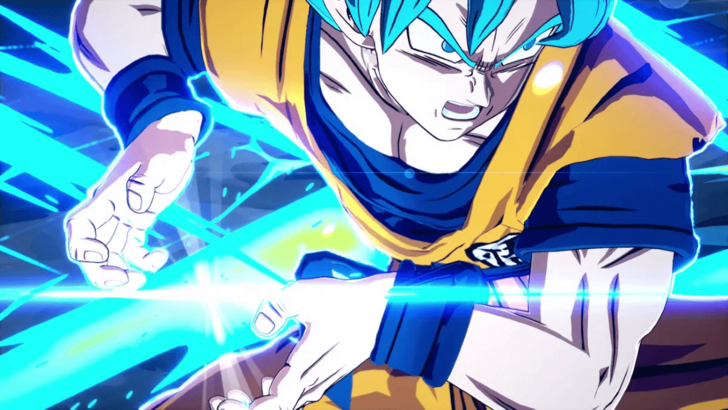
Despite Bandai Namco’s strong financial performance this year—largely thanks to the success of Elden Ring’s expansion, Shadow of the Erdtree, and the upcoming DRAGON BALL: Sparking! ZERO—Muller was quick to highlight that the road ahead is anything but smooth. While 2024 has been dubbed as a "year of stabilization" following industry-wide layoffs and market growth after the "COVID years," it’s the longer-term challenges of game development and release planning that are causing concern.
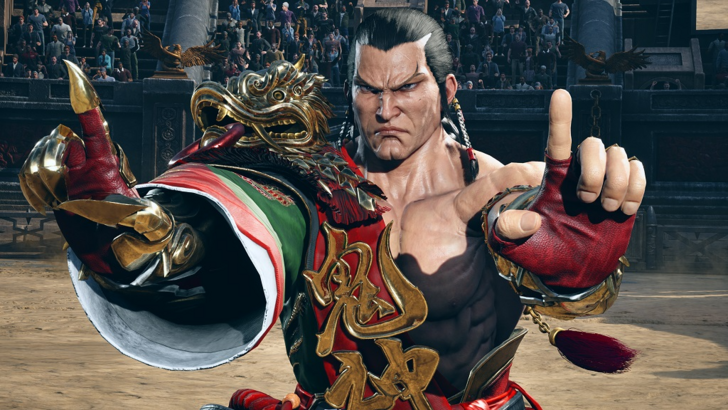
"Are there safe bets today in the market? I believe so," Muller said. "But… launching a new IP has become more and more difficult." Rising development costs and timelines necessitate factoring in potential overspending and delays from the outset. If these are not factored in, "you’re in for some bad surprises," Muller continued.
Compounding the risk factor is the unpredictable nature of release schedules. While 2025 boasts a lineup including Monster Hunter Wilds, Avowed, Ghost of Yōtei, and even a potential Switch 2 launch, Muller questions the reliability of their release windows: "How many of these games will come on time?... We are no different to everybody else."
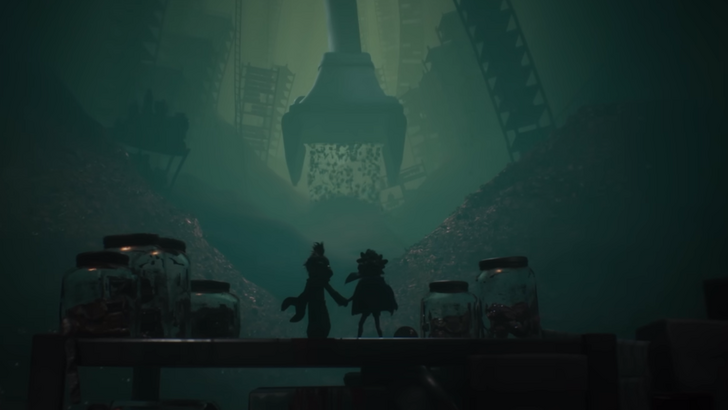
While established franchises may hold a degree of security, Muller noted that even these can’t be taken for granted. Players’ tastes evolve, and what worked in the past may not hold up under new market conditions. On the other hand, new IPs are more vulnerable to commercial failure, given their high development costs and the competitive gaming market. "Little Nightmares 3… has a fanbase that we expect will be interested in playing that game, irrespective of whether GTA comes in 2025 or not," Muller continued.
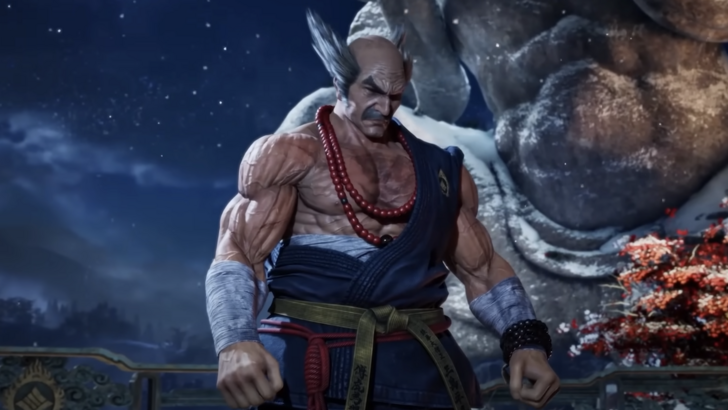
As previously mentioned, Muller dubbed 2024 as a "year of solid stabilization" for the industry. However, to "get the market back to robust growth," he identified three essential factors: " a favorable "macroeconomic environment," a strong platform and install base, and new markets with sizeable growth potential like "Brazil and South America, India, and so on."
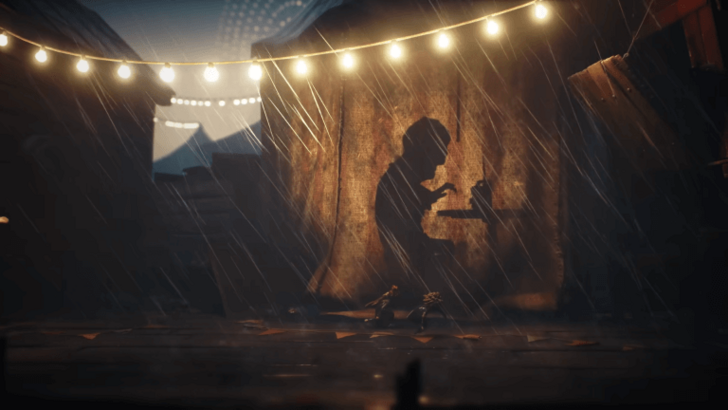
Moreover, in response to a question on how the upcoming Switch 2 will greatly benefit Bandai Namco next year, Muller responded by saying, "we’re platform agnostic. Our games are mostly available on all the platforms, and Switch has always been an integral platform to us… Whenever a new console comes out from Nintendo, we’ll be ready to invest there."
Despite the aforementioned challenges, Muller remains very optimistic about the future. He believes that if all the portfolio of games planned for a 2025 release materializes, "then obviously, I don’t see how the market wouldn’t grow next year."

 Latest Downloads
Latest Downloads
 Downlaod
Downlaod Top News
Top News